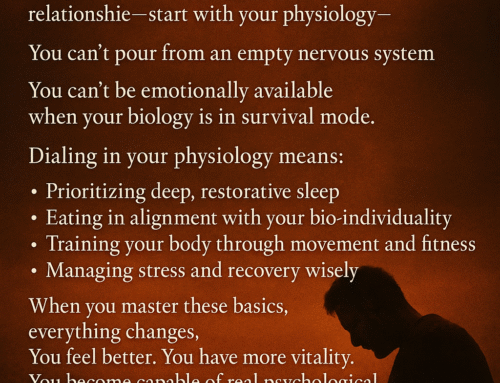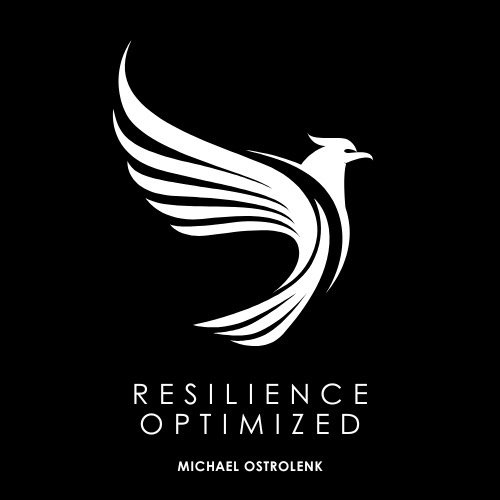
Building Mental Toughness for a Resilient Life
Mental toughness is the ability to persevere through adversity, maintain focus under pressure, and bounce back from setbacks. For veterans transitioning to civilian life or anyone facing life’s challenges, cultivating mental toughness is a game-changer. This article explores practical strategies to develop this essential trait and thrive in demanding situations.
Mental toughness begins with embracing discomfort. Military training often pushes individuals beyond their comfort zones, fostering resilience that civilians can emulate. Start small by tackling tasks that feel daunting, like public speaking or a new skill. Each step outside your comfort zone builds confidence and mental fortitude. For example, committing to a daily cold shower or a rigorous workout routine can train your mind to handle discomfort with ease.
Goal-setting is another cornerstone. Clear, achievable objectives provide direction and motivation. Break larger goals—like landing a new job or completing a degree—into smaller milestones. Celebrate each success to reinforce a positive mindset. Veterans, accustomed to mission-driven environments, can apply this discipline to civilian goals, such as earning a certification or starting a business. Writing goals down and reviewing them daily keeps focus sharp.
Self-discipline underpins mental toughness. Establishing routines, like waking up early or dedicating time to mindfulness, creates structure. Meditation or journaling can help manage stress and clarify thoughts, especially during transitions. For instance, a 10-minute daily gratitude practice can shift focus from challenges to opportunities, strengthening emotional resilience.
Handling failure is critical. Mental toughness isn’t about avoiding setbacks but learning from them. Reflect on failures objectively—ask what went wrong and how to improve. Veterans often face this in high-stakes missions; civilians can adopt a similar mindset by viewing setbacks as lessons. After a job interview rejection, for example, seek feedback and refine your approach rather than dwelling on disappointment.
Building a support network is vital. Surround yourself with positive, driven individuals who encourage growth. Veteran organizations, mentorship programs, or even fitness groups can provide camaraderie and accountability. Sharing challenges with trusted peers, much like squad mates in the military, fosters resilience and reduces isolation.
Finally, prioritize physical health. Exercise, nutrition, and sleep directly impact mental strength. Regular workouts, even simple bodyweight routines, release stress and boost confidence. A balanced diet fuels focus, while 7–8 hours of sleep enhances decision-making. Veterans transitioning to civilian life can lean on these habits to maintain the discipline honed in service.
Mental toughness is a skill, not a gift. By embracing discomfort, setting goals, staying disciplined, learning from failure, building a support system, and prioritizing health, anyone can develop the resilience to navigate life’s challenges. For veterans and civilians alike, these practices pave the way for a stronger, more adaptable mindset.









